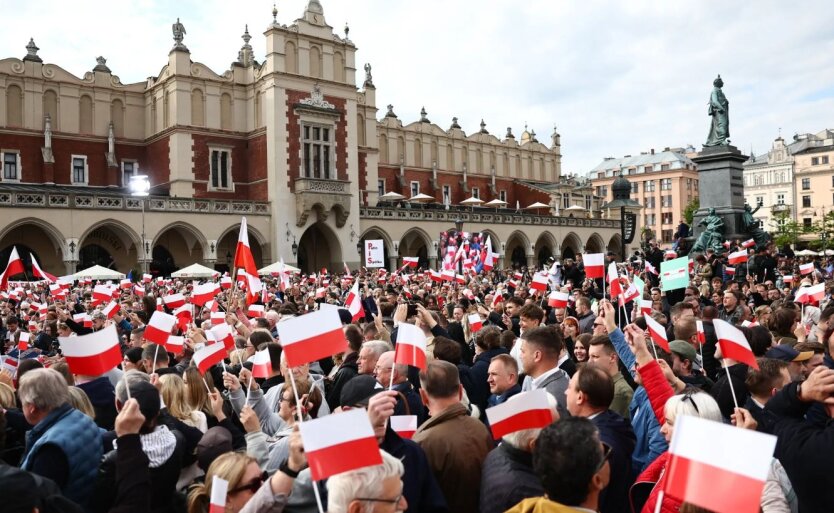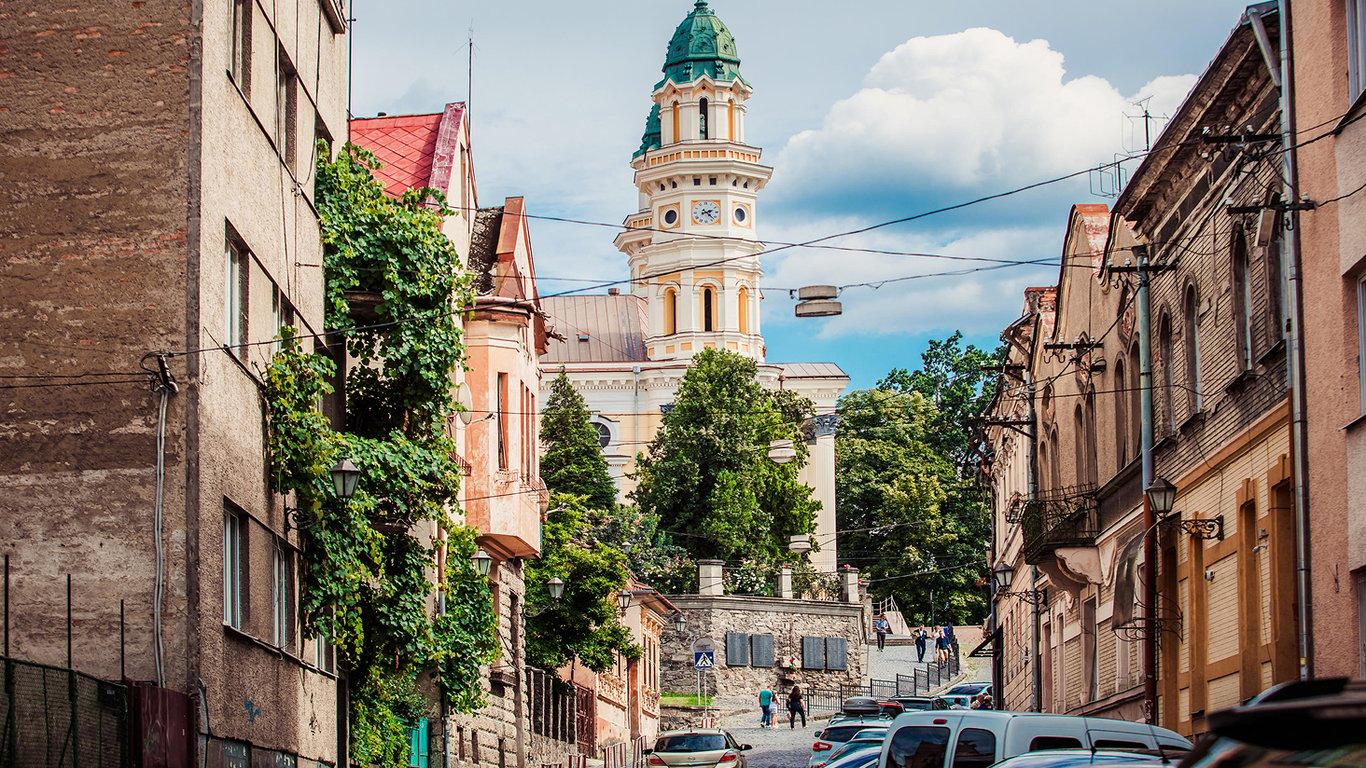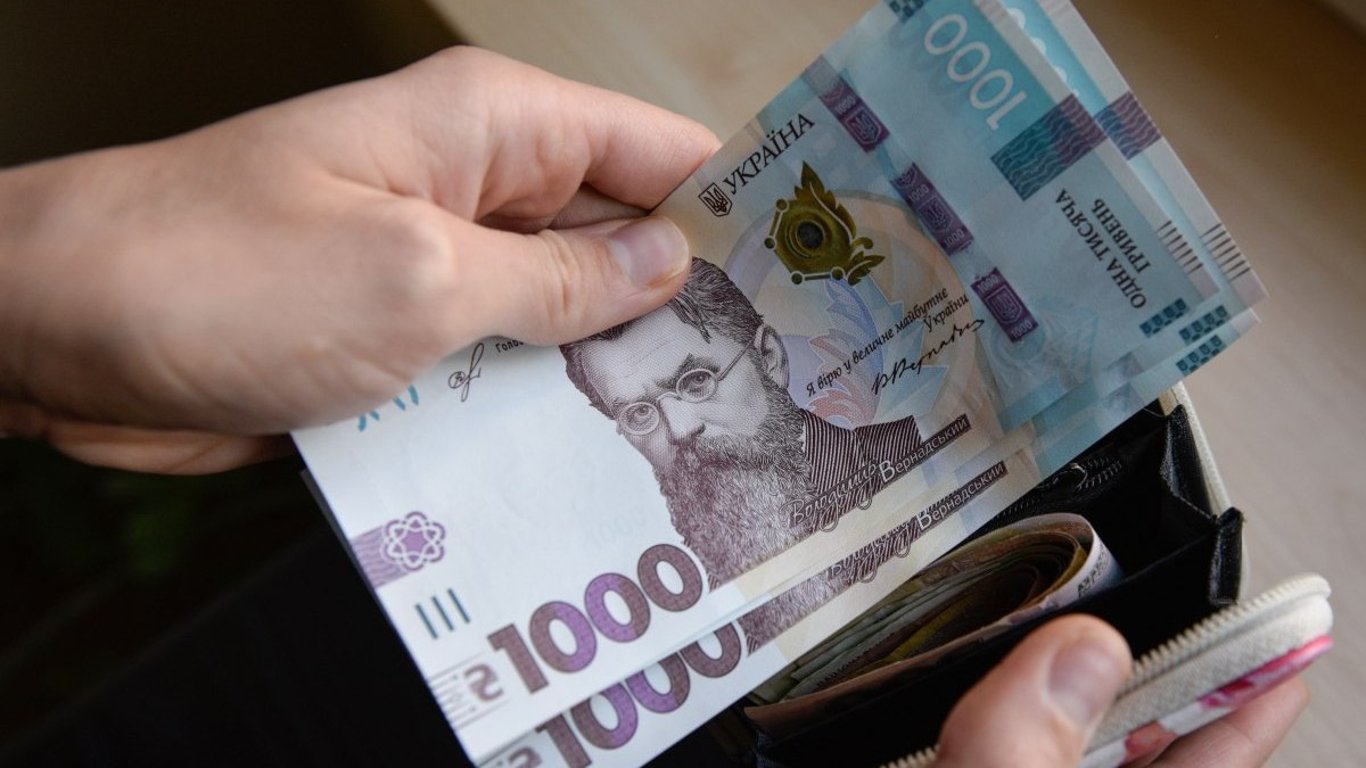Presidential Elections in Poland: A Test of Overcoming Populism in Europe.


Presidential Elections in Poland: The Fight for the Country's Future
The nationalist party 'Law and Justice' has governed Poland for eight years, but now the incumbent president Andrzej Duda is competing for re-election against Rafal Trzaskowski from the 'Civic Coalition' of Prime Minister Donald Tusk.
In this first round confrontation, Trzaskowski outperformed his opponent from PiS, Karol Nawrocki, but both advanced to the second round, which will take place on June 1st. Trzaskowski is counting on support from other candidates of the ruling coalition, while Nawrocki aims to attract voters from various political orientations.
According to the official results of the first round of voting, the mayor of Warsaw received 31.4%, surpassing his rival who garnered 29.5%.
Experts noted that the competition in Poland is important for the entire EU, as countries with stable rights are showing a trend towards populism. The results of the elections in Poland will also determine future policies regarding security, weapons, and migration in the region.
It seems that the future of the country will depend on how the votes are distributed in the second round. According to polls, Trzaskowski is ahead of Nawrocki, but voters still have an important say in shaping the future political course.
Read also
- Leaped forward — how prices for apartments in Uzhhorod have soared
- New report for individual entrepreneurs - which document needs to be submitted and to whom
- Police Salary Structure — What It Consists Of in 2025
- Sell copper on OLX — what is happening with scrap prices in July
- The wallet is not holding—what products have risen in price the most
- Severance Payments for Employees — What to Consider in 2025









